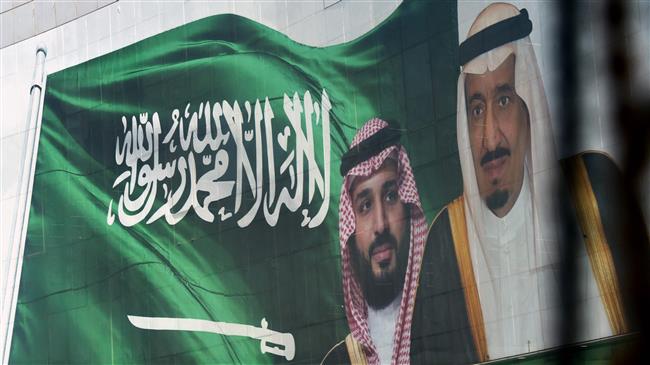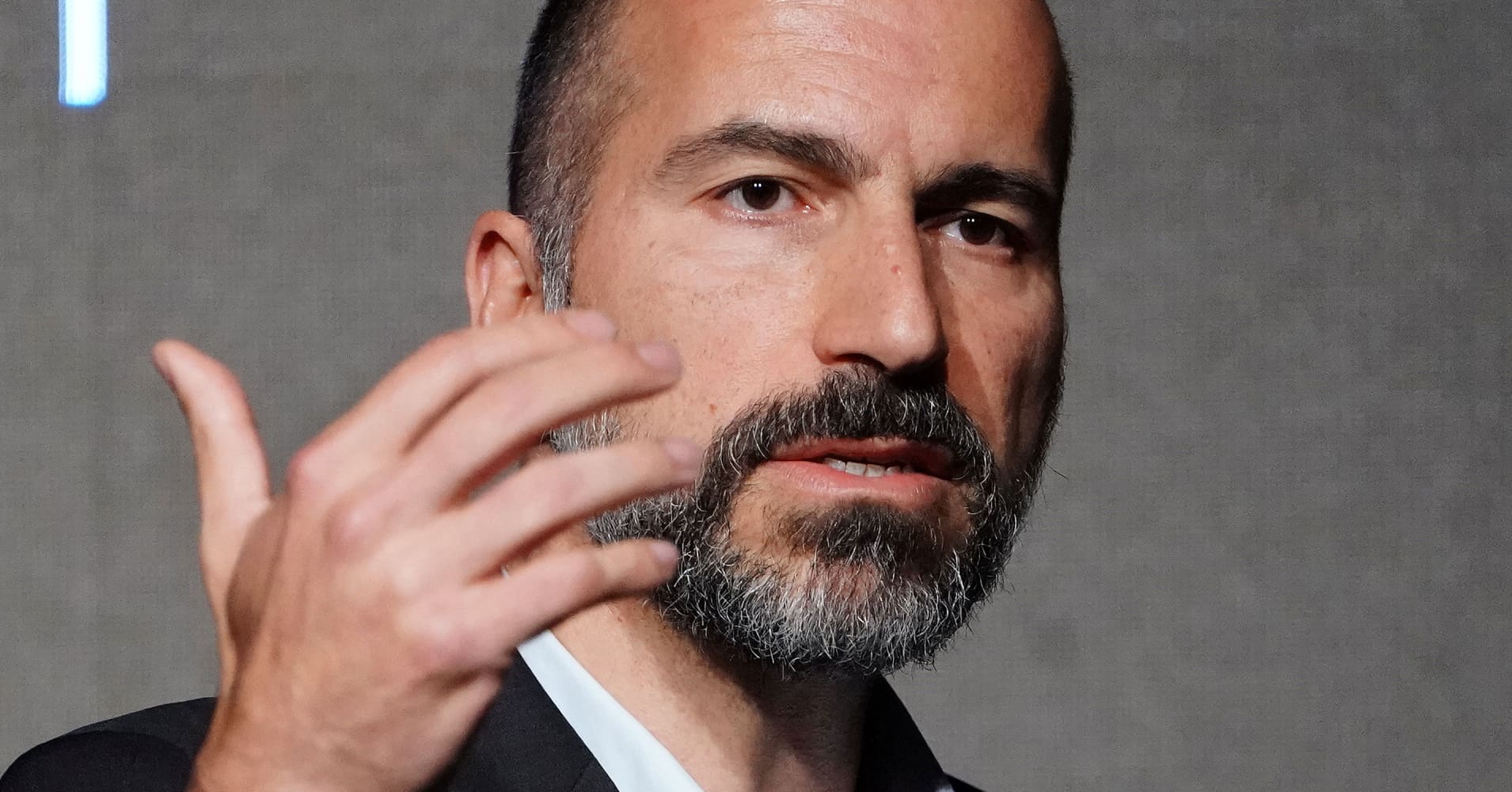Questions for Saudi Arabia in the Khashoggi case
By Hossein Jelveh
(Hossein Jelveh is an independent Iranian journalist based in Tehran. He has graduated with a master’s degree from the Faculty of World Studies at the University of Tehran. You can follow him on Twitter @hossein_jelveh.)
Power doesn’t always turn humans into vicious animals (and no offense to animals). But it can, sometimes, when the human in question already has a dominantly animalistic disposition.
The power grabbed by the current de facto monarchical ruler of Saudi Arabia has had exactly that function.
First, let’s take a look at how the ongoing saga of the killing of a Saudi regime advocate-turned-critic unfolded (and attracted massive attention, including on social media).
@jamalkhashoggi was tortured and killed by #Saudi in Turkey. Ankara has evidences. Jamal & I attended many conferences where he defended Saudi and I defended Iran. Now I am shocked to hear Jamal is killed by Saudi Government! My condolences to Jamal’s family and friends pic.twitter.com/cI9dLoHQxZ
— Mousavian (@hmousavian) October 7, 2018
The short version is that Jamal Khashoggi, a late critic of the Saudi regime and a columnist for The Washington Post, entered the Saudi consulate in Istanbul, Turkey, on October 2 to obtain papers to marry his fiancée. He never exited. (Not in one piece anyway, we now know as much.)
The long version is, well, still unfolding.
Turkey took a no-nonsense approach. And it launched a very elaborate campaign to disseminate information.
President Recep Tayyip Erdogan personally entered the fray. On October 7, Mr. Erdogan said that Mr. Khashoggi was “a friend” and that he was following an investigation into his disappearance.
Predicting Saudi denials and/or obfuscation very early in the case, the Turkish president said, “Whatever comes of this, we will be the ones to declare it to the world.”
A study in scarlet
On Friday, October 12, a Turkish source said Ankara was in possession of audio and video evidence, presumably from inside the consulate, that proved Mr. Khashoggi had been killed and dismembered in there. “There is also evidence of the moment that Khashoggi was killed, the source said,” according to CNN, to which the source exclusively revealed the information.
The Turks said that on the day of Mr. Khashoggi’s disappearance, “15 Saudi officials flew into Istanbul on two private jets chartered by a company with close ties to the crown prince and the Saudi Interior Ministry,” according to The New York Times. “One of the Saudis, an autopsy specialist, entered the country with a bone saw, according to Turkish officials.”
That anonymous but well-publicized manner of releasing incriminating information helped mount the pressure on Saudi Arabia, which was forced to allow Turkish forensic police specialists into the consulate for inspections, once late on Monday, October 15, and a second time on Wednesday, October 17. (Happily, the Turks did come out, both times, and in one piece, although after somewhat worrying nine hours — both times!)
Farcically, before they went in on Monday, a cleaning crew was seen (and filmed) by reporters entering the site!
Well, you don’t want the detectives' gloves to get all dusty, do you? https://t.co/oSc97v1S2e
— Hooman Majd (@hmajd) October 15, 2018
Later on Tuesday, October 16, CNN cited a “Turkish official” as confirming after the inspection of the consulate that Mr. Khashoggi’s body had been cut into pieces. That claim had been made, also by Turkish sources, to The New York Times, too, but before the inspection, on October 9.
In that report, the Times cited “a senior official” as saying that “[t]op Turkish security officials” had “concluded” that Mr. Khashoggi “was assassinated in the Saudi Consulate in Istanbul on orders from the highest levels of the royal court.”
On October 10, the Turkish Daily Sabah published the images and the names of the 15 members of an “assassination squad” that it said had been sent in to kill Mr. Khashoggi, “and of a black van that traveled from the Saudi consulate, where he went missing, to the consul’s home.”
Later on Tuesday, the Turks demanded to carry out a search of the Saudi consul general’s residence in Istanbul. The black van, a Mercedes Vito, “presumed to be carrying Khashoggi’s body parts]” entered the Saudi consul’s residence about two hours after Mr. Khashoggi had entered the Saudi consulate.
Turkish forensic experts were not allowed into the residence until 4:45 p.m. Istanbul time on Wednesday (October 17) — that is almost 36 hours after they searched the consulate.
At the residence, the Turkish experts wore full hazmat gear.
The consul general himself, Mohammed al-Otaibi, of course, left Turkey early on Tuesday — for undeclared reasons.
Trail of blood leading to the Saudi royal court
On Monday (October 15), CNN cited two apparently Saudi sources as saying that Saudi Arabia was preparing — but was not certain to release — a report acknowledging that Mr. Khashoggi’s “death was the result of an interrogation that went wrong.”
Such a statement has not been released as of yet.
A day later (Tuesday, October 16), The New York Times reported that one of the suspects identified by Turkey was “a frequent companion” of Saudi Crown Prince Mohammed bin Salman. Three others, it said, “are linked by witnesses and other records to the Saudi crown prince’s security detail.”

And yet, the Saudi royal court continues to deny everything.
Regardless of how Saudi Arabia may attempt to deny or whitewash things, or what the Turkish investigation will find, there are real questions that Riyadh can in no way easily dismiss:
1. If we take the “interrogation” theory, the first question is why interrogate anyone — even and especially if that person is a critic — at a diplomatic facility in foreign territory?
2. What kind of “interrogation” can “go wrong?”
3. Exactly how “wrong” can an “interrogation” go? (According to the Turkish officials, Mr. Khashoggi was cut into pieces and decapitated at the consulate, for crying out loud!)
Naturally, a Turkish source “who has listened in full to an audio recording of the Saudi journalist [Mr. Khashoggi]’s last moments” has dismissed the interrogation-went-wrong tale.
“There was no attempt to interrogate him (Mr. Khashoggi). They (the 15 suspects) had come to kill him,” the source told the Middle East Eye on Tuesday (October 16), and he provided gruesome details of the killing, too.
If we take his account to be true — and while we continue to wait for a Saudi explanation — the more important questions are:
4. If there were “rogue” elements at the consulate, an official outpost of the Saudi government — as United States President Donald Trump speculated on Monday (October 16) — who had arranged for them to be there?
Been hearing the ridiculous “rogue killers” theory was where the Saudis would go with this. Absolutely extaordinary they were able to enlist the President of the United States as their PR agent to float it. https://t.co/ChRFyleneR
— Chris Murphy (@ChrisMurphyCT) October 15, 2018
5. How can “rogue elements” enter a “diplomatic” facility — normally very well protected — with a bone saw?
6. Why would Saudi Arabia allow forensic officials into the consulate — and only after bringing in a cleaning crew — but drag its feet for a search of the consul general’s residence? (Normally, both perimeters would be considered Saudi territory.)
7. What hazardous material had been used by Saudi Arabia to convince the Turkish forensic experts that they had to wear hazmat suits at the Saudi consul’s residence?
8. Why is it taking Saudi Arabia this long to offer an explanation — or accept responsibility? (It has been a full 16 days since Mr. Khashoggi disappeared.)
It is noteworthy that while Saudi Arabia has been obviously reluctant in allowing searches of its consulate and, belatedly, the consul’s residence in Istanbul — both of them considered Saudi territory in diplomatic terms — it has had to allow them anyway. That may be a hint that the Turkish evidence is too damning for Saudi Arabia to resist aggressive Turkish attempts at finding the truth.
Money talks!
Some have speculated that a deal has been made among Turkey, Saudi Arabia, and the US.
Even though he later too comfortably accepted the Saudi version, Mr. Trump initially threatened “severe punishment” if Mr. Khashoggi was found to have been killed by Saudi Arabia. Saudi Arabia responded by threatening counter-measures. That was when Mr. Trump changed his rhetoric.

Mr. Trump then sent US Secretary of State Mike Pompeo to Saudi Arabia. There, on Tuesday (October 16), Mr. Pompeo “thanked the [Saudi] King for his commitment to supporting a thorough, transparent, and timely investigation,” according to a readout by US State Department spokeswoman Heather Nauert published on the department’s website. (Emphasis added.)
The word “transparent” should sue Pompeo for abuse. https://t.co/yHDhGwLcsN
— Nicholas Kristof (@NickKristof) October 16, 2018
That same day, 100 million dollars previously promised by Saudi Arabia to the US “for American efforts to stabilize areas in Syria” landed in US accounts, according to The New York Times. Although that money had been promised before, the Times called securing it “a win for President Trump.”
Mr. Pompeo then flew from Saudi Arabia to Turkey, where he met with Mr. Erdogan and where he said he had “nothing to say” about Turkish evidence of the killing by Saudi Arabia.
While it looks like Mr. Trump, a businessman by nature, has reached an agreement with the Saudi royal court, awash with money, there is no real indication yet that Ankara has also sought to profit from a person’s murder on its soil.
Dumb and dumber
In a previous article on Press TV, I speculated that Mohammed bin Salman, the real power behind the Saudi throne, can’t be too “credulous.” Turns out I was wrong. Mohammad bin Salman really is dumb.
As part of what is described as an “ambitious reform program” to modernize the backward Saudi Arabia, Mohammed bin Salman apparently wishes to lure massive foreign investment into a country that kills its dissidents at its diplomatic missions abroad.
Who would choose to invest in a country that does that?
Keep in mind that dumb makes for dangerous. “A little knowledge is a dangerous thing” — an axiom attributed to Alexander Pope — makes exactly that point. And the tragic fate of Mr. Khashoggi is one proof only.
Factor in state-level power — unrestrained and often destructive in Saudi Arabia’s case — and a little knowledge becomes lethal, and savage, on a state level.
For all we know, Mr. Khashoggi is gone. But, at least, no exiled Saudi Arabian dissident will ever walk into a Saudi diplomatic mission on his own two feet after this.
(The views expressed in this article do not necessarily reflect those of Press TV.)
Araghchi: Iran-Russia strategic deal step toward ‘more just world’
UNRWA unraveled amid Israel's allegations, reduced intl. support
Palestinian journalist, a Sobh Media Festival awardee, killed in Gaza hours before truce
Jan. 15: ‘Axis of Resistance’ operations against Israeli occupation
VIDEO | Fears, hope in Gaza amid intensified ceasefire efforts
VIDEO | Press TV's news headlines
Hamas: Ceasefire agreement result of steadfastness, resistance in Gaza over 15 months
Hamas thanks Iran, Resistance Front following achievement of ceasefire in Gaza











 This makes it easy to access the Press TV website
This makes it easy to access the Press TV website